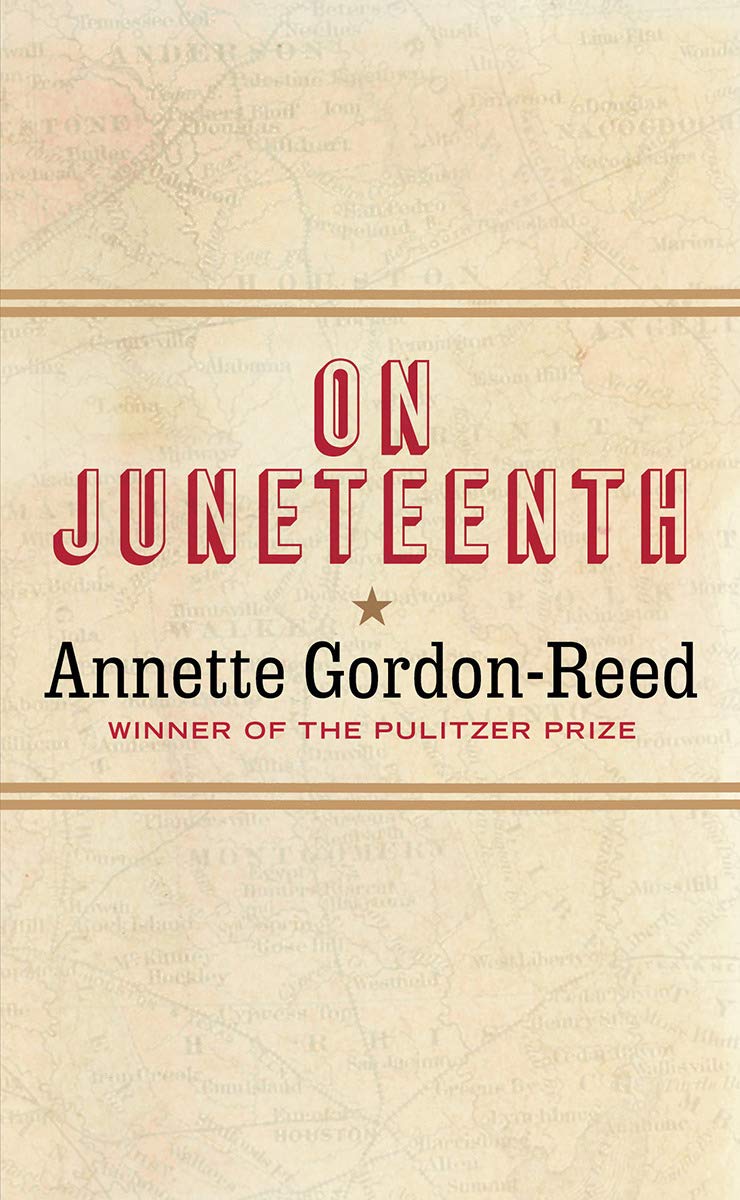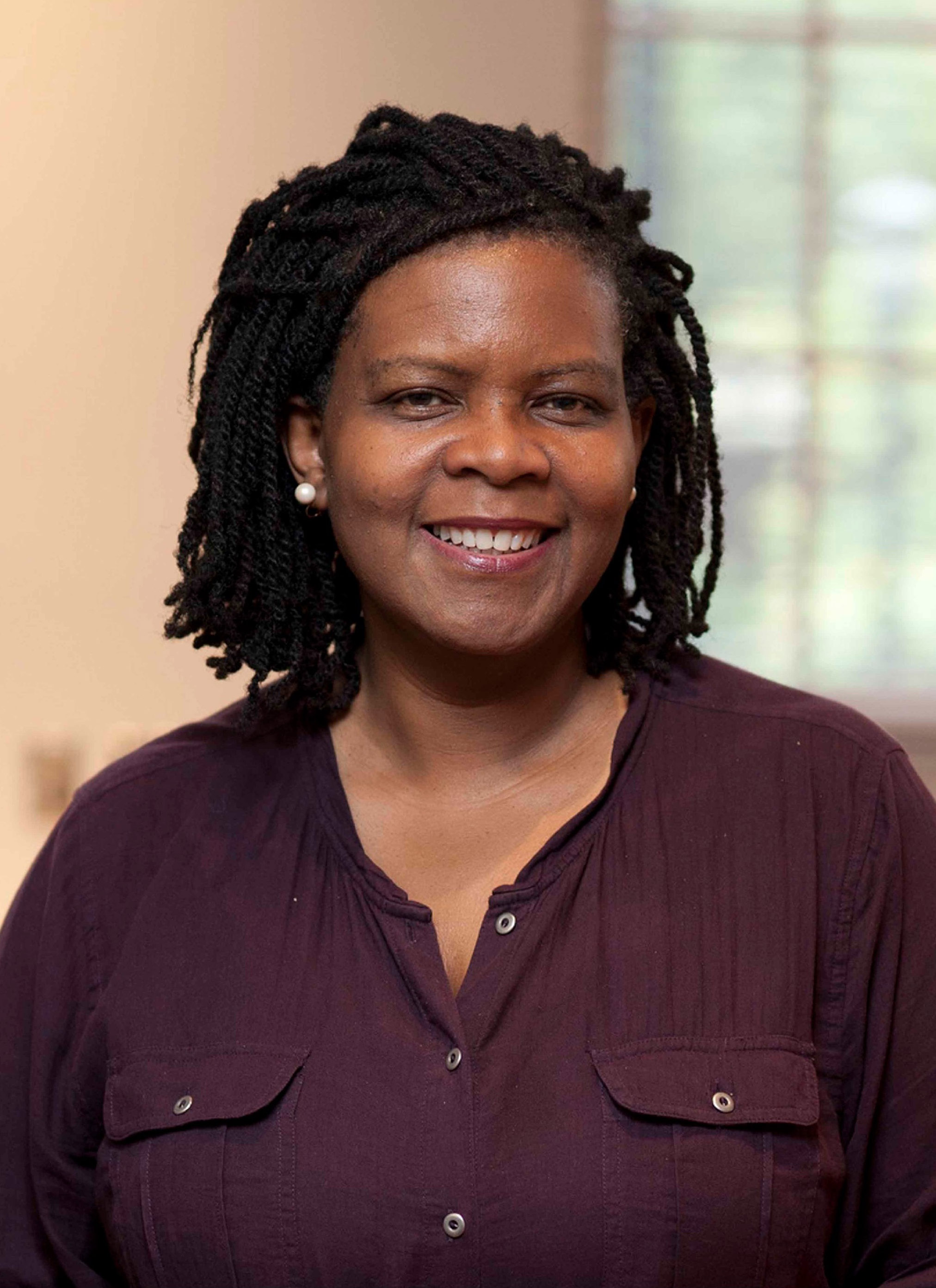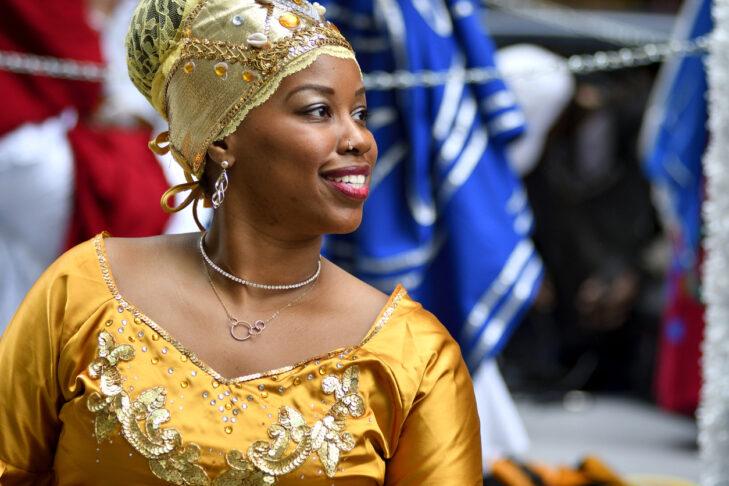Much to my shame, I had not heard of Juneteenth until a couple of years ago. Nor had I heard about the Tulsa Race Massacre until its centennial last month. It’s more than time to correct my woeful ignorance of African American history.
This year’s Juneteenth—Saturday, June 19—marks the 156th anniversary of the date that slavery officially ended in Texas in 1865. It has been a state holiday in the Lone Star State since 1980 and will likely become a national holiday in the next couple of years. It is also a holiday that illuminates our Fourth of July celebration—the day America gained its independence with an enslaved people in its midst.

I recently picked up Harvard Law School historian Annette Gordon-Reed’s slim, powerful book called “On Juneteenth.” The book is an affecting blend of history and memoir that sheds light on the particularities of Texas history concerning the official end of slavery in the state. As Gordon-Reed points out, emancipation was a drawn-out process, something that did not take effect on a particular day. The Emancipation Proclamation was issued on Jan. 1, 1863, stating, “All enslaved people in the states currently engaged in rebellion against the Union shall be then, thenceforward, and forever free.” The Constitution’s 13th Amendment, which abolished slavery, was passed by Congress in January 1865, and was ratified in December of that year.
In between came June 19, 1865, a watershed event in Texas history in which African Americans learned they were free two years after the signing of the Emancipation Proclamation. Although I knew bits and pieces of Civil War history, those highlights glossed over much of the Black experience of the war. But as Gordon-Reed demonstrates, slavery is central to Texas history and endemic to our country. Gordon observes that Texas, in the American imagination, “is a White Man.” The existence of Juneteenth is a decisive refutation of that image. As Gordon-Reed asserts, Texas was adamant about the survival of its plantations and went to great lengths to preserve slavery as a legal institution.

I also learned about Juneteenth and African American history from Gordon-Reed’s personal story. She and I are contemporaries. While I was in my Northeast bubble in Jewish day school, she was a trailblazer in her hometown of Conroe, Texas. Conroe, about 50 miles north of Houston, is deep in the heart of East Texas and carries a traumatic history. Long before Gordon-Reed was born there was a lynching, the burning of a Black man in front of the courthouse and the murder of a Black man in a courtroom in 1941. Witnesses to the courtroom killing included the judge and jurors who never testified about the crime. The killer was swiftly acquitted.
Against the backdrop of this harrowing history—a history that led to some relatives refusing to visit Conroe—Gordon-Reed was the first Black student to integrate the town’s public schools in 1960. This happened five years after Ruby Bridges, escorted by U.S. marshals, single-handedly integrated a public school in Arkansas. Although Gordon-Reed’s mother taught high school English at Booker T. Washington School, the Black school in Conroe, Gordon-Reed’s parents chose to send her to the Anderson School under the short-lived Freedom of Choice Plan. One factor that influenced their decision was Washington’s K-12 model, a setup they felt shortchanged younger students.
Unlike Bridge’s first day of school, Gordon-Reed’s arrival at Anderson was met with little fanfare and much curiosity. She recalls delegations of white adults occasionally peering into her classroom, staring at her, the only Black child among a sea of white students. All in all, her experience at Anderson was a good one, and she excelled. Yet she recounts how deep-rooted segregation was in her town. She remembers waiting in a Black-only room for a doctor’s appointment. There was mandated seating for Black people in the balconies of movie theaters, and overall unequal treatment in department stores and other public spaces.
Growing up, Gordon-Reed celebrated Juneteenth with the same patriotic enthusiasm and holiday zeal that I celebrated the Fourth of July. For many years, she also thought of Juneteenth as a holiday that belonged exclusively to her as a Texan. In her book, she confesses she was initially annoyed that Black people in other states claimed the holiday as their own. She writes: “My twinge of possessiveness grew out of the habit of seeing my home state, and the people who reside there, as special. The things that happened there couldn’t have happened in other places.” However, that same Texas pride helped her overcome her irritation. “It’s really a very Texas move to say that something that happened in our state was of enough consequence to the entire nation that it should be celebrated nationwide,” she writes.
Over time, Gordon-Reed’s family Juneteenth celebrations evolved. For example, her grandmother added tamales to the menu. Gordon-Reed further observes that dishes once prepared by slaves were also eaten alongside the food of Mesoamerican Indians linked to Texas’s Mexican history. These mingling of cultures, says Gordon-Reed, brought together many strands of Texas history in this one “special day.”
As I read “On Juneteenth,” I paused when Gordon-Reed chronicles how generationally close slavery was in her life. She recalls that her great-grandmother, who lived until Gordon-Reed was 11, told her great-granddaughter how emotional the ending of slavery was for her. As Gordon-Reed told Terry Gross on NPR’s “Fresh Air”: “Her mother had been enslaved as a young girl and had been freed by her father, along with her mother. So, she knew someone who had been enslaved. And her mother had married a man who was enslaved until the end of the Civil War. So, this was very, very close to us. This is not very far in the past at all.”
These family origin stories deeply matter, and as a Jew, they resonate. They remind me of how close the Holocaust will be for many generations. Although their numbers are sadly dwindling, there are still survivors alive. As for slavery, I can’t pretend to know what it’s like to live constantly in its shadow. I don’t know what it’s like to be judged for having Black or brown skin. But Jewish liturgy and history keep me humble and empathic. They continuously remind me that Jews were once traumatized as slaves too.
We channeled the memory of our enslavement to become the basis of our great alliance with African Americans during the civil rights movement. I believe that our shared history in the cause of freedom will bring us together again. As Gordon-Reed has beautifully demonstrated, there is room for new and bold interpretations of history. For that alone, there is much to rejoice about in celebrating Juneteenth together.



